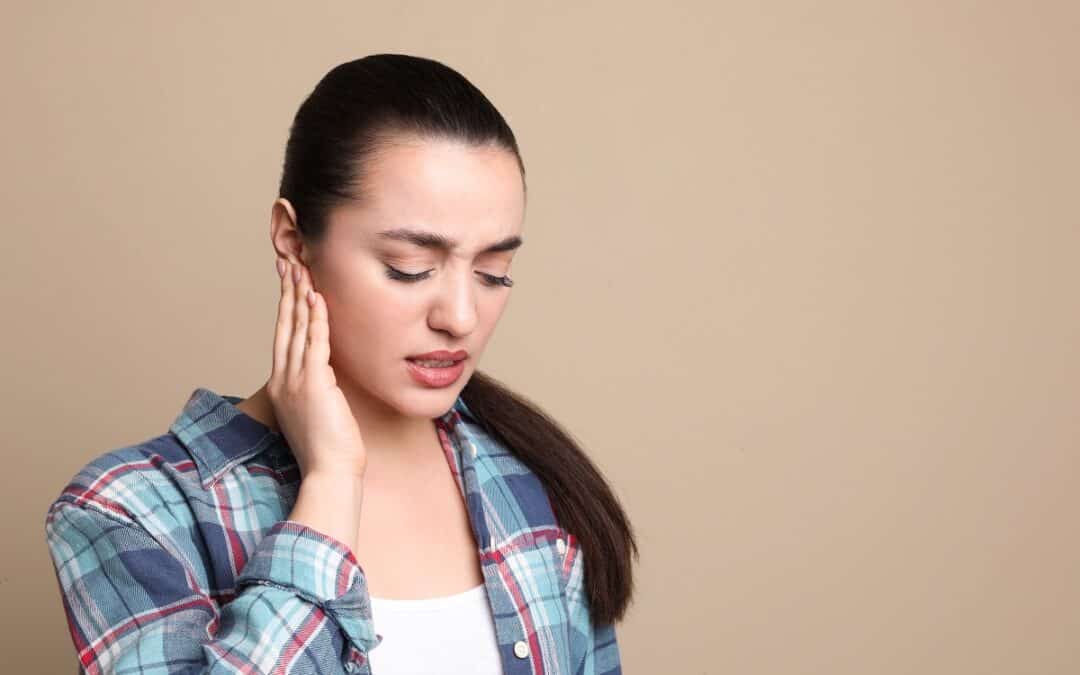Did you know that people with diabetes can be more likely to develop hearing loss? Studies show that people with diabetes can be more than twice as likely to experience hearing loss. This November is American Diabetes Month which is a great invitation to prioritize care for both your diabetes and hearing health!
Scope of Diabetes
Diabetes is a pervasive health issue that people experience today, though not all people may be aware of it. According to the Centers for Disease Control and Prevention (CDC):
- 38 million people have diabetes in the United States.
- 1.5 million people are diagnosed with diabetes every year.
- 1 in 5 people who have diabetes don’t know they have it.
- Over a third – 96 million – people have prediabetes and 8 out of 10 of them don’t know they are prediabetic.
Diabetes can impact health in a variety of ways including contributing to kidney and heart issues. A complication of diabetes that is often unknown about or underrecognized is hearing loss.
Link Between Diabetes & Hearing Loss
Research shows that there is a major correlation between diabetes and hearing loss. A significant study that examines this link was conducted by researchers at the National Institutes of Health. This study involved 11,405 participants which included people with and without diabetes. Researchers assessed diabetes and hearing health and found that among adults with diabetes:
- 21% experienced a mild or greater hearing loss of low or mid-frequency sounds compared to 9% of adults without diabetes.
- 54% experienced a mild or greater hearing loss of high-frequency sounds compared to 32% of adults without diabetes.
- Adults with prediabetes had a 30% higher rate of hearing loss
These findings highlight that people with diabetes were much more likely to experience hearing loss. This data supports further research that identifies diabetes as a risk factor for hearing loss. Commenting on these findings, lead researcher Catherine Cowie Ph.D. said, “hearing loss may be an under-recognized complication of diabetes. As diabetes becomes more common, the disease may become a more significant contributor to hearing loss.”
Impact of Diabetes on Hearing Health
Further research into how diabetes can cause hearing loss is still needed. Though exact causes are unknown, experts have a few suggestions that help explain how these conditions are linked. Diabetes is associated with excess blood glucose levels due to lack of insulin production or insulin not being used efficiently in the body. Experts suggest that this can damage blood vessels and nerves in the body including the inner ear which is where sound is processed.
The inner ear consists of thousands of sensory cells that convert incoming sound waves into electrical signals. These signals then get sent to the brain which further processes and assigns meaning to these signals, allowing us to understand what we hear. Damaged blood vessels in the inner ear can weaken sensory cells, reducing their capacity to process sound waves. This can result in the brain receiving less auditory information, producing hearing loss.
Tips to Protect Hearing Health
Fortunately, there are useful ways to protect your hearing health that reduce the risk of hearing loss. A few strategies you can practice include:
- Diabetes care is key. Prioritizing care for your diabetes is incredibly important. This includes knowing your goals for blood sugar and cholesterol levels as well as blood pressure. It is important to reach and not exceed target levels. Also, taking prescribed medications and following regimens outlined by your doctor is necessary.
- Test hearing annually. Hearing tests involve a painless process that measures hearing capacities in both ears. This identifies any hearing loss and the degree of impairment one could be experiencing. Testing your hearing yearly allows you to monitor your hearing health and intervene early if you experience any changes.
- Increase physical activity. Exercising promotes blood flow and circulation which offers many benefits including supporting hearing health. You can do this by taking a daily walk and stretching.
- Reduce loud noise exposure. One time or regular exposure to loud noise is a common cause of hearing loss. Reduce your exposure by keeping volume settings low on electronic devices, wearing hearing protection (headphones, earplugs), avoiding noisy environments, and taking listening breaks throughout the day.
Contact us to learn more about how you can protect your hearing health and to schedule an appointment for a hearing consultation.

